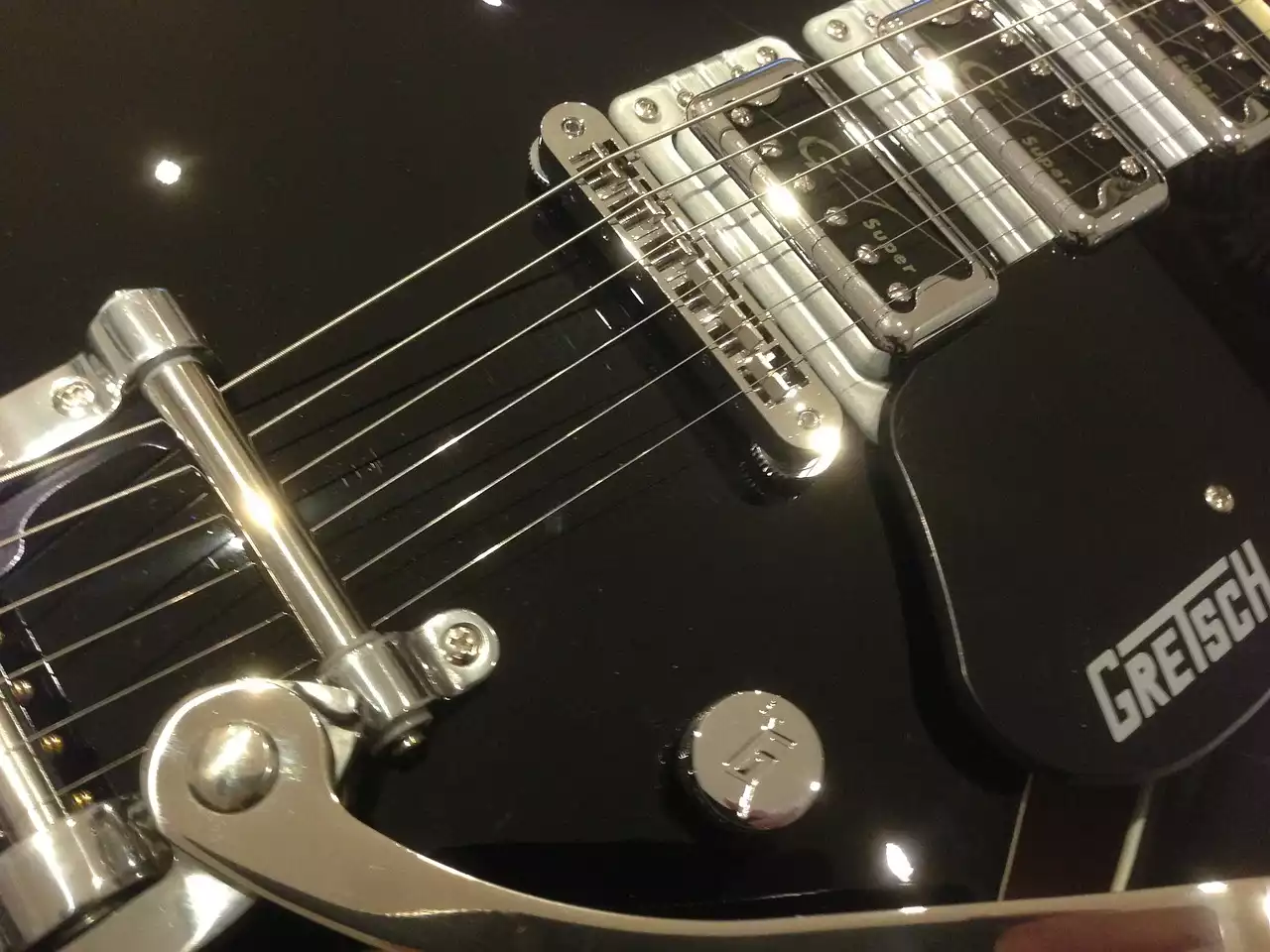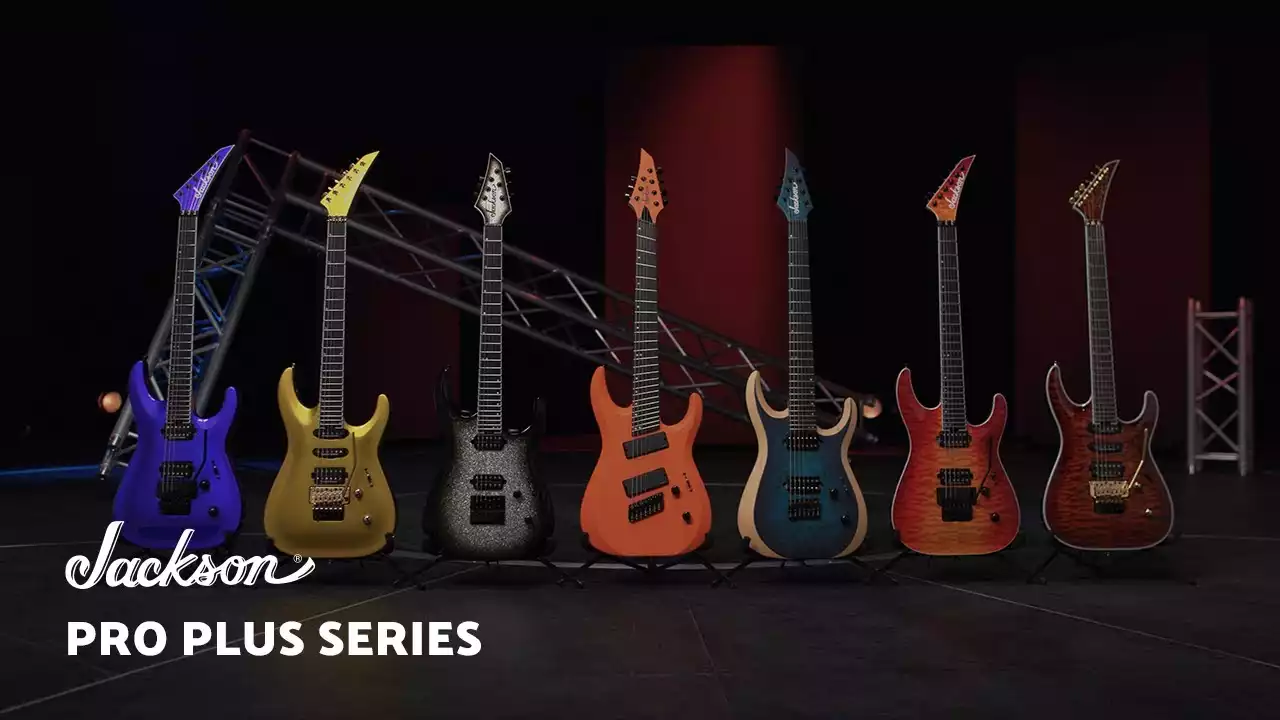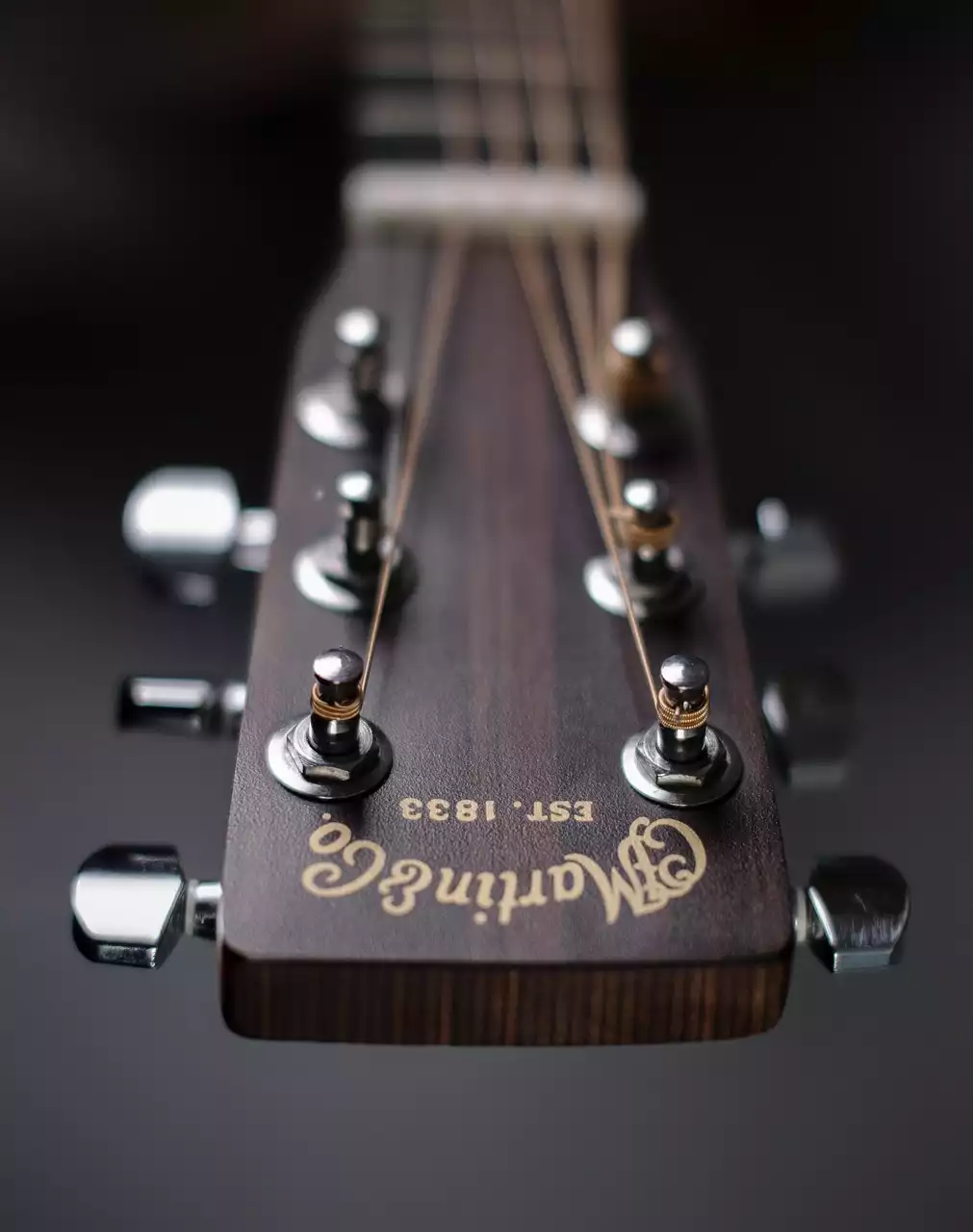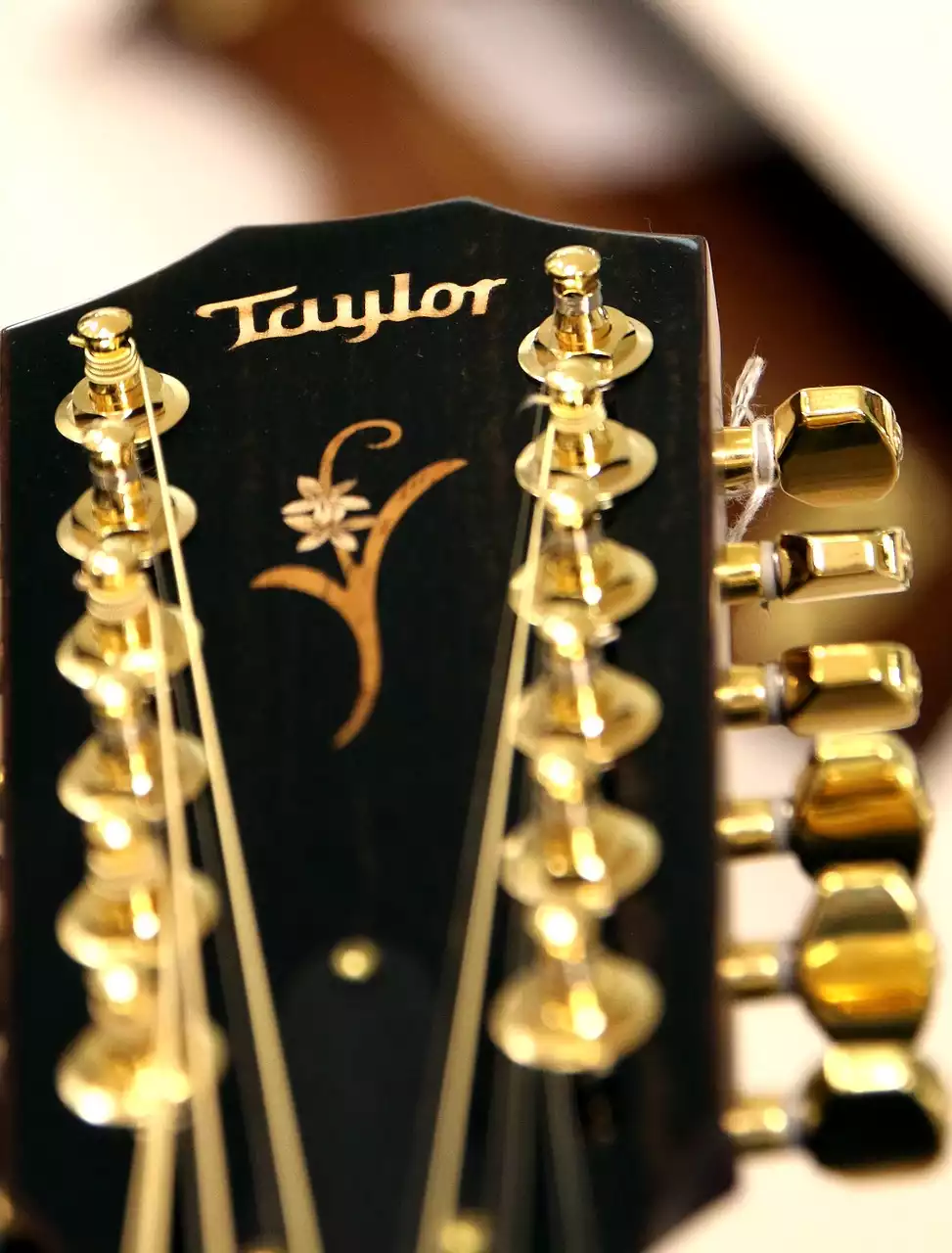The History of Gretsch Guitars
Gretsch guitars have a rich and storied history that stretches back over a century. Founded in 1883 by Friedrich Gretsch, the company initially focused on manufacturing banjos, drums, and tambourines. However, it wasn't until the 1930s that Gretsch would make a name for itself in the world of guitars.
The Birth of the Electromatic Series
In the early 1930s, Gretsch introduced their Electromatic series, which featured amplified guitars. These guitars were fitted with electromagnetic pickups, which allowed for greater volume and projection. The Electromatic series quickly gained popularity among jazz musicians, who appreciated the guitars' warm tone and powerful sound.
One of the standout models from the Electromatic series was the Electro II, which was introduced in 1939. With its sleek design and innovative features, the Electro II became a favorite among professional guitarists, cementing Gretsch's reputation as a leading guitar manufacturer.
The Golden Age of Rock 'n' Roll
As the 1950s rolled around, Gretsch guitars found themselves in the hands of rock 'n' roll pioneers. Artists like Eddie Cochran, Duane Eddy, and Chet Atkins embraced Gretsch guitars for their distinctive sound and stylish aesthetics.
One of the most iconic Gretsch guitars from this era is the White Falcon. Introduced in 1954, the White Falcon's striking appearance and rich, resonant tone made it an instant hit. With its gold hardware, gleaming white finish, and intricate fretboard inlays, the White Falcon became a symbol of rock 'n' roll extravagance.
The Chet Atkins Connection
Gretsch's partnership with legendary guitarist Chet Atkins further solidified their reputation as a go-to brand for musicians. Atkins worked closely with Gretsch to develop a signature line of guitars that would bear his name. The result was the Chet Atkins series, which featured innovative features like the Bigsby vibrato tailpiece and the Filter'Tron pickups.
The Chet Atkins series became synonymous with country music, thanks to Atkins' groundbreaking playing style and the guitars' ability to produce twangy, rich tones. The popularity of the Chet Atkins series helped Gretsch guitars gain even wider recognition, establishing them as a force to be reckoned with in the music industry.
The Modern Era
In recent years, Gretsch has continued to innovate and push the boundaries of guitar design. The Electromatic and Professional series showcase Gretsch's commitment to quality craftsmanship and attention to detail. These guitars offer musicians a wide range of options, from classic hollow body models to solid-body guitars that can handle heavy distortion.
One of the standout features of Gretsch guitars is the inclusion of Bigsby tremolo systems. These vibrato tailpieces allow players to add subtle vibrato effects to their playing, giving their music a unique and expressive quality.
Conclusion
From their humble beginnings as a manufacturer of banjos and drums, Gretsch guitars have come a long way. With a history steeped in innovation and a commitment to quality, Gretsch has earned its place as a top choice for musicians across genres.
Whether you're drawn to the vintage charm of their hollow body guitars or the modern versatility of their solid-body models, Gretsch guitars deliver a unique and captivating playing experience. With their exceptional tone, eye-catching designs, and reliability, Gretsch guitars continue to inspire musicians to unleash their full musical potential. So, if you're searching for a guitar that combines history, style, and exceptional craftsmanship, look no further than Gretsch. Your musical journey awaits.















